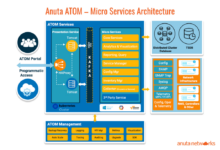Cloud-based network management tools: The future of network management
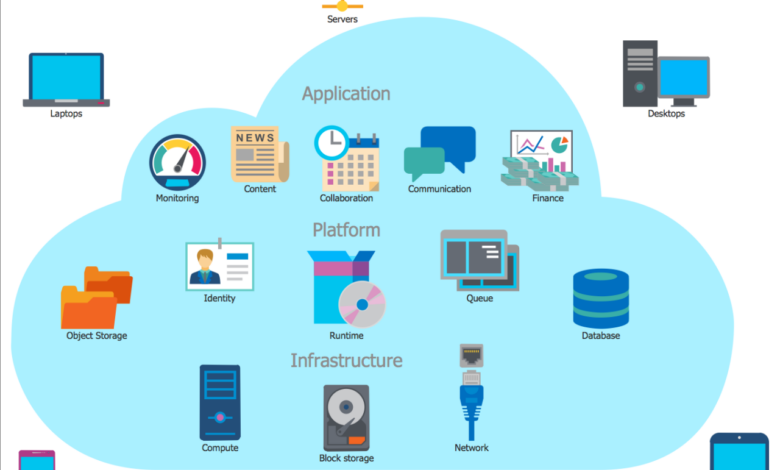
Cloud-based network management tools are revolutionizing the way networks are managed. These tools offer a range of benefits, including improved visibility, control, and security. In this article, we’ll explore the features, benefits, and challenges of cloud-based network management tools, and provide tips for implementing and managing these tools effectively.
Cloud-based network management tools are a valuable asset for any organization looking to improve the performance and security of their network.
Introduction
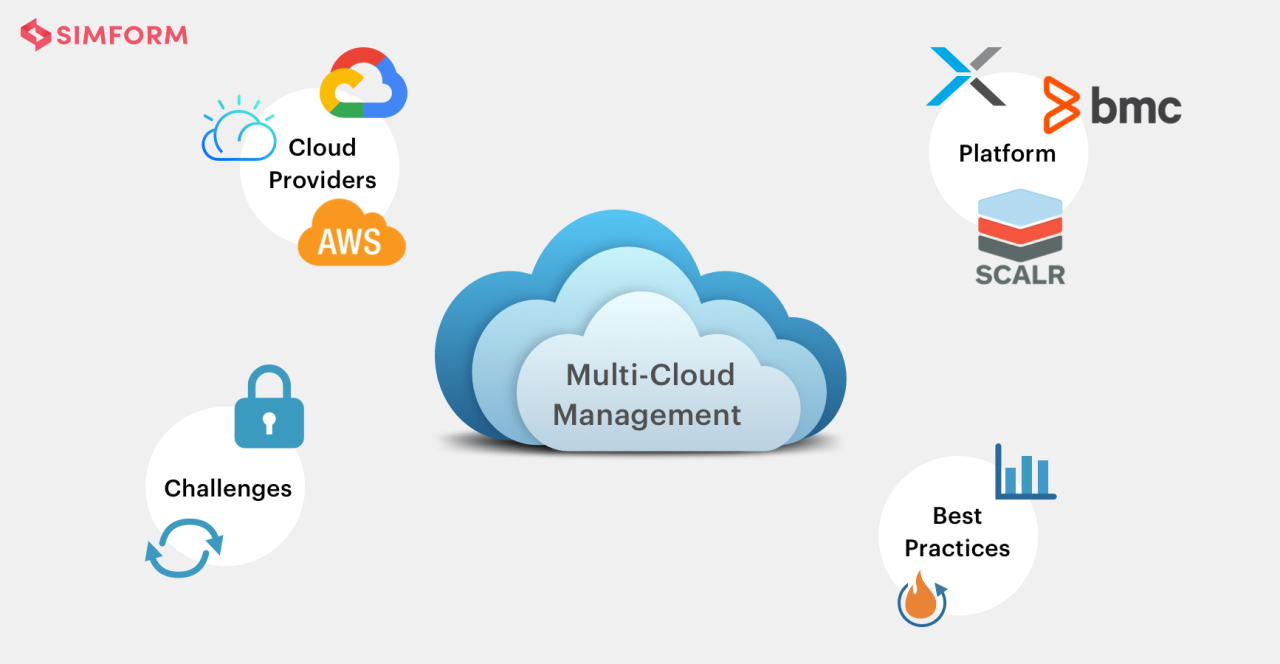
Cloud-based network management tools are software applications that enable network administrators to manage and monitor their networks from a remote location. These tools are hosted in the cloud, which means that they can be accessed from anywhere with an internet connection.
Cloud-based network management tools offer a number of benefits over traditional on-premises network management tools, including:
- Reduced costs:Cloud-based network management tools are typically less expensive than on-premises tools, as there is no need to purchase and maintain hardware or software.
- Increased flexibility:Cloud-based network management tools can be accessed from anywhere with an internet connection, which makes it easy for network administrators to manage their networks from remote locations.
- Improved security:Cloud-based network management tools are often more secure than on-premises tools, as they are hosted in secure data centers and are regularly updated with the latest security patches.
- Greater scalability:Cloud-based network management tools can be easily scaled to meet the needs of growing networks, as they can be provisioned with additional resources as needed.
Benefits of Using Cloud-Based Network Management Tools
There are many benefits to using cloud-based network management tools. Some of the most notable benefits include:
- Centralized management:Cloud-based network management tools provide a centralized platform for managing all of your network devices. This makes it easy to keep track of all of your devices and to make changes to your network configuration from a single location.
- Real-time monitoring:Cloud-based network management tools provide real-time monitoring of your network. This allows you to identify and resolve problems quickly and easily.
- Automated alerts:Cloud-based network management tools can be configured to send automated alerts when problems occur. This ensures that you are always aware of any problems with your network and can take action to resolve them quickly.
- Improved security:Cloud-based network management tools can help you to improve the security of your network. They can be used to monitor for security threats and to implement security measures to protect your network from attack.
- Reduced costs:Cloud-based network management tools can help you to reduce the costs of managing your network. They can be used to automate tasks and to reduce the need for manual intervention.
Features of Cloud-Based Network Management Tools
Cloud-based network management tools offer a comprehensive suite of features designed to streamline network management and enhance its efficiency. These features include:
Centralized Management
Centralized management enables administrators to manage all network devices and resources from a single, web-based console. This eliminates the need for multiple logins and provides a unified view of the entire network, simplifying management and reducing the risk of errors.
Real-Time Monitoring
Real-time monitoring provides administrators with a comprehensive view of network performance and activity. This allows them to identify and resolve issues quickly, ensuring optimal network uptime and performance.
Performance Optimization
Cloud-based network management tools offer features such as traffic shaping, load balancing, and bandwidth optimization to ensure optimal network performance. These features help to reduce latency, improve throughput, and optimize resource utilization.
Security Management
Security management features include intrusion detection, firewall management, and access control to protect networks from threats. These features help to ensure network security and compliance with regulatory standards.
Automated Provisioning
Automated provisioning allows administrators to quickly and easily deploy new network devices and services. This reduces the time and effort required for network setup and maintenance, improving operational efficiency.
Scalability
Cloud-based network management tools are highly scalable, allowing them to support networks of any size and complexity. This flexibility makes them suitable for businesses of all sizes and industries.
Benefits of Cloud-Based Network Management Tools
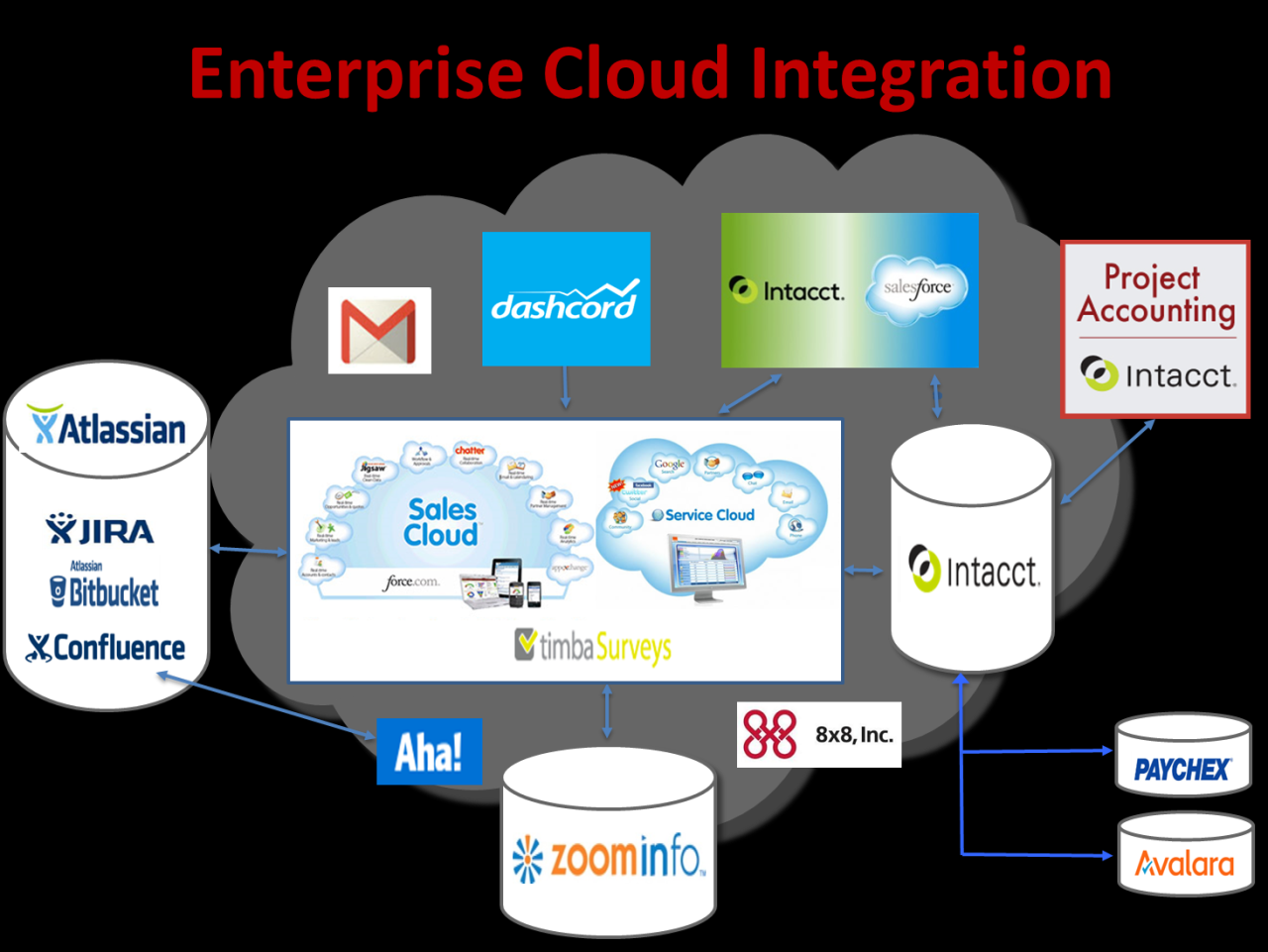
Cloud-based network management tools offer a multitude of advantages for businesses of all sizes. These tools can help you improve network performance, reduce costs, and increase efficiency.
Here are some of the key benefits of using cloud-based network management tools:
Improved Network Performance
- Cloud-based network management tools can help you identify and resolve network issues quickly and easily.
- These tools can also help you optimize your network traffic and improve network performance.
- For example, one study found that businesses that used cloud-based network management tools saw a 20% improvement in network performance.
Reduced Costs, Cloud-based network management tools
- Cloud-based network management tools can help you reduce costs by eliminating the need for on-premises hardware and software.
- These tools can also help you reduce IT staff costs.
- For example, one study found that businesses that used cloud-based network management tools saved an average of 30% on IT costs.
Increased Efficiency
- Cloud-based network management tools can help you increase efficiency by automating many of the tasks that are traditionally performed manually.
- This can free up your IT staff to focus on other tasks.
- For example, one study found that businesses that used cloud-based network management tools saw a 25% increase in IT staff productivity.
Overall, cloud-based network management tools can offer a number of benefits for businesses of all sizes. These tools can help you improve network performance, reduce costs, and increase efficiency.
Challenges of Cloud-Based Network Management Tools
Despite the numerous advantages offered by cloud-based network management tools, they are not without their challenges. One significant concern is the potential for data security breaches. Since cloud-based tools store and manage network data remotely, there is an increased risk of unauthorized access and data theft.
Additionally, the reliance on internet connectivity can pose challenges in situations where connectivity is unreliable or unavailable, potentially disrupting network management and monitoring capabilities.
Overcoming Data Security Challenges
To address data security concerns, organizations should implement robust security measures such as encryption, access control, and regular security audits. Additionally, choosing a reputable cloud service provider with a proven track record of security and compliance can further mitigate risks.
Addressing Connectivity Challenges
To overcome connectivity challenges, organizations can consider using a hybrid approach that combines cloud-based tools with on-premises infrastructure. This allows for critical network functions to be managed locally while leveraging the benefits of cloud-based tools for centralized monitoring and management.
Additionally, implementing network redundancy and load balancing techniques can enhance reliability and minimize the impact of connectivity issues.
Final Summary: Cloud-based Network Management Tools
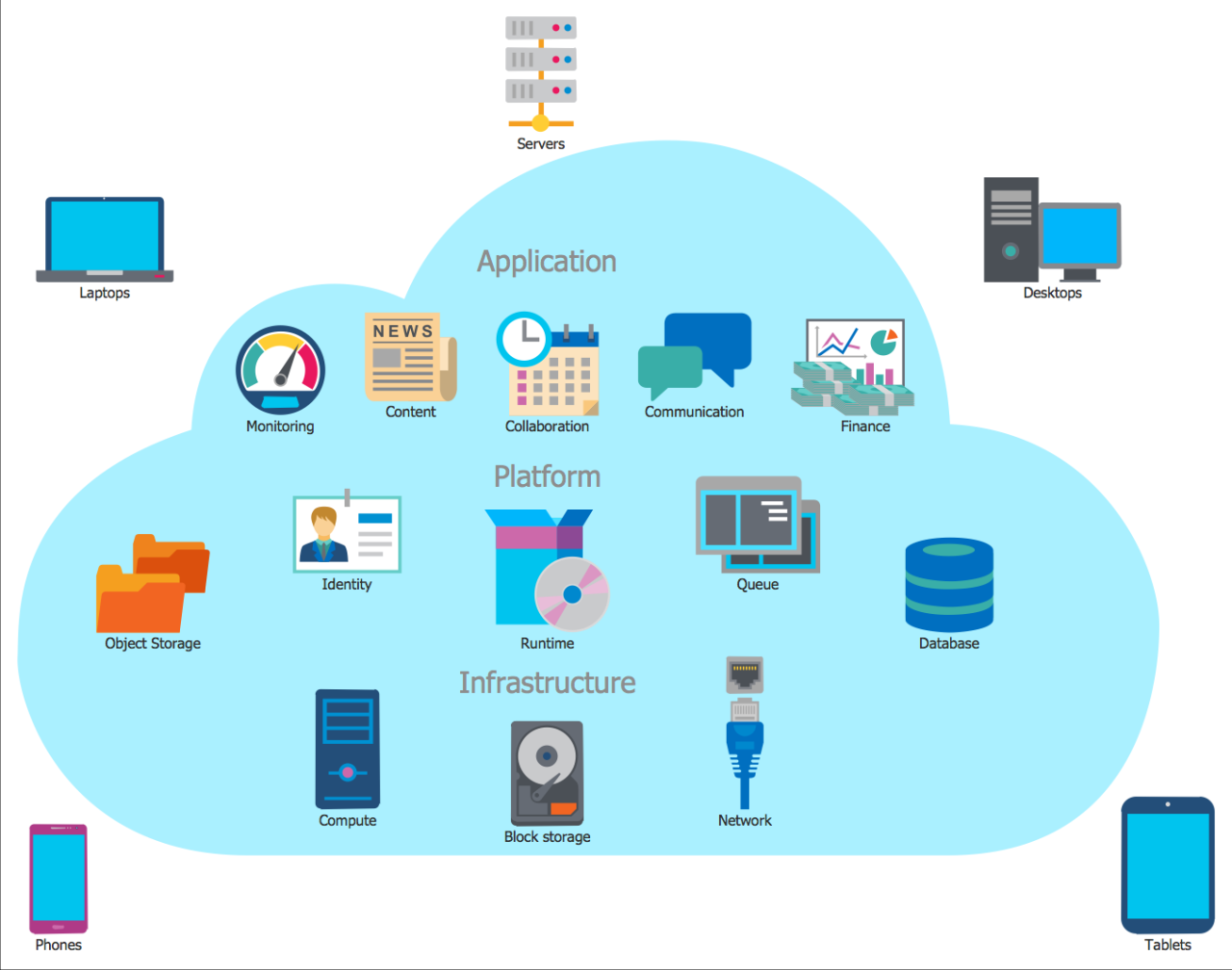
Cloud-based network management tools are the future of network management. These tools offer a range of benefits that can help organizations improve the performance, security, and efficiency of their networks. As the cloud continues to evolve, we can expect to see even more innovative and powerful cloud-based network management tools emerge.


